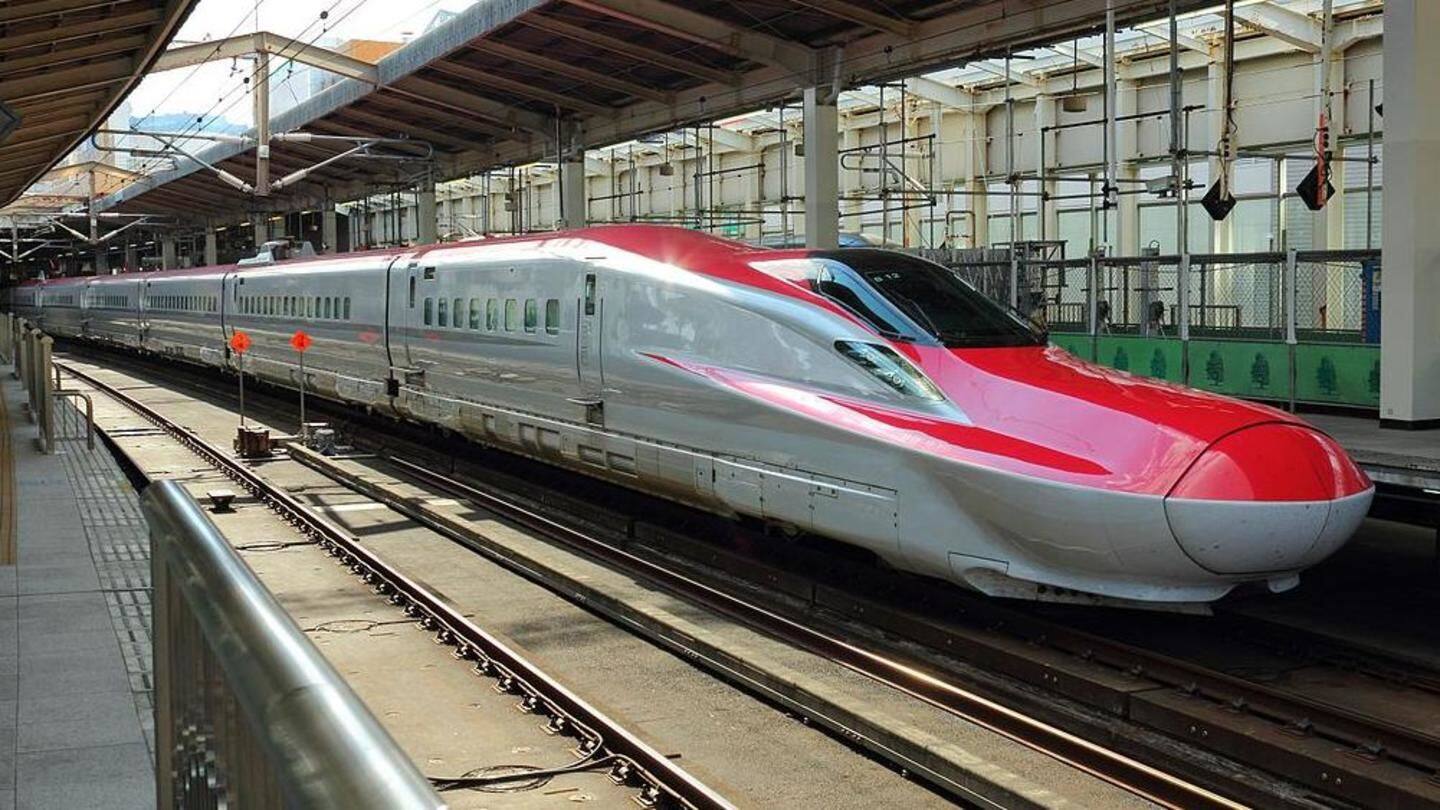
NHSRCL's 'chai pe charcha' with bullet train project affected persons
What's the story
The National High Speed Rail Corporation Ltd (NHSRCL), which is building a bullet train corridor between Mumbai and Ahmedabad, will hold what the company called "chai pe charcha" with project-affected-persons (PAPs) to solve issues. The "chai pe charcha", literally conversations over tea, was a concept started by the BJP as a campaign tool in the run-up to the Lok Sabha elections in 2014.
Cordial relations
We want cordial relations with PAPs: NHSRCL
NHSRCL officials said that they plan to start these rounds of talks with PAPs in May. "We want cordial relations with and support from the people who will be affected by this gigantic project. Therefore, our officials will hold a meeting with PAPs at public places and, over tea, discuss facts about the project," said Dhananjay Kumar, spokesperson of the NHSRCL.
Talks
Talks were meant to sensitize the people
Kumar said these talks were meant to sensitize the people about the project, and in turn, make land acquisition for the project easier for NHSRCL and acceptable to the PAPs. He admitted that officials failed to properly communicate with farmers and villagers about the project. "This 'chai pe charcha' will win their confidence and help us get them emotionally involved in it," he said.
Messages
Company to send messages to PAPs explaining importance of project
Kumar informed that company got the cellphone numbers of 2,000 PAPs to whom it would send bulk messages, in local languages, explaining the project's importance. NHSRCL requires 1,400 hectares of land, including those that fall in forest areas, to build the corridor in Maharashtra and Gujarat. Deadline for the acquisition of land is Dec'18 and work on it had begun in both states.
Monetary incentives
25% monetary incentives for those who will handover land voluntarily
NHSRCL has provisioned an extra 25% monetary incentive for those who will hand over their land voluntarily. Kumar said proposals for clearances required to acquire forest land had been submitted to the respective state governments and these were under consideration. He said that all decisions about the project would be taken collectively by the three main stakeholders: Union government and Maharashtra and Gujarat governments.